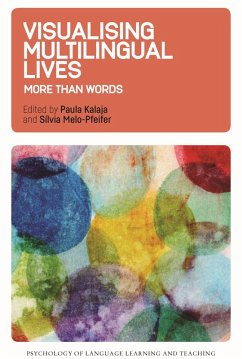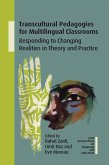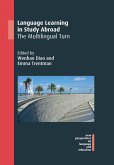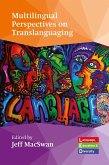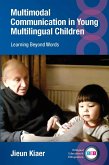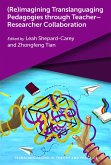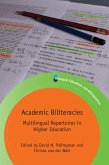Shortlisted for the 2020 BAAL Book Prize
This book brings together empirical studies from around the world to help readers gain a better understanding of multilinguals, ranging from small children to elderly people, and their lives. The chapters focus on the multilingual subjects' identities and the ways in which they are discursively and/or visually constructed, and are split into sections looking specifically at the multilingual self, the multilingual learner and multilingual teacher education. The studies draw on rich visual data, which is analysed for content and/or form and often complemented with other types of data, to investigate how multilinguals make sense of their use and knowledge of more than one language in their specific context. The topic of multilingualism is addressed as subjectively experienced and the book unites the current multilingual, narrative and visual turns in Applied Language Studies. It will be of interest to students and researchers working in the areas of language learning and teaching, teacher education and bi/multilingualism, as well as to those interested in using visual methods and narratives as a means of academic research.
This book brings together empirical studies from around the world to help readers gain a better understanding of multilinguals, ranging from small children to elderly people, and their lives. The chapters focus on the multilingual subjects' identities and the ways in which they are discursively and/or visually constructed, and are split into sections looking specifically at the multilingual self, the multilingual learner and multilingual teacher education. The studies draw on rich visual data, which is analysed for content and/or form and often complemented with other types of data, to investigate how multilinguals make sense of their use and knowledge of more than one language in their specific context. The topic of multilingualism is addressed as subjectively experienced and the book unites the current multilingual, narrative and visual turns in Applied Language Studies. It will be of interest to students and researchers working in the areas of language learning and teaching, teacher education and bi/multilingualism, as well as to those interested in using visual methods and narratives as a means of academic research.
Dieser Download kann aus rechtlichen Gründen nur mit Rechnungsadresse in A, D ausgeliefert werden.

